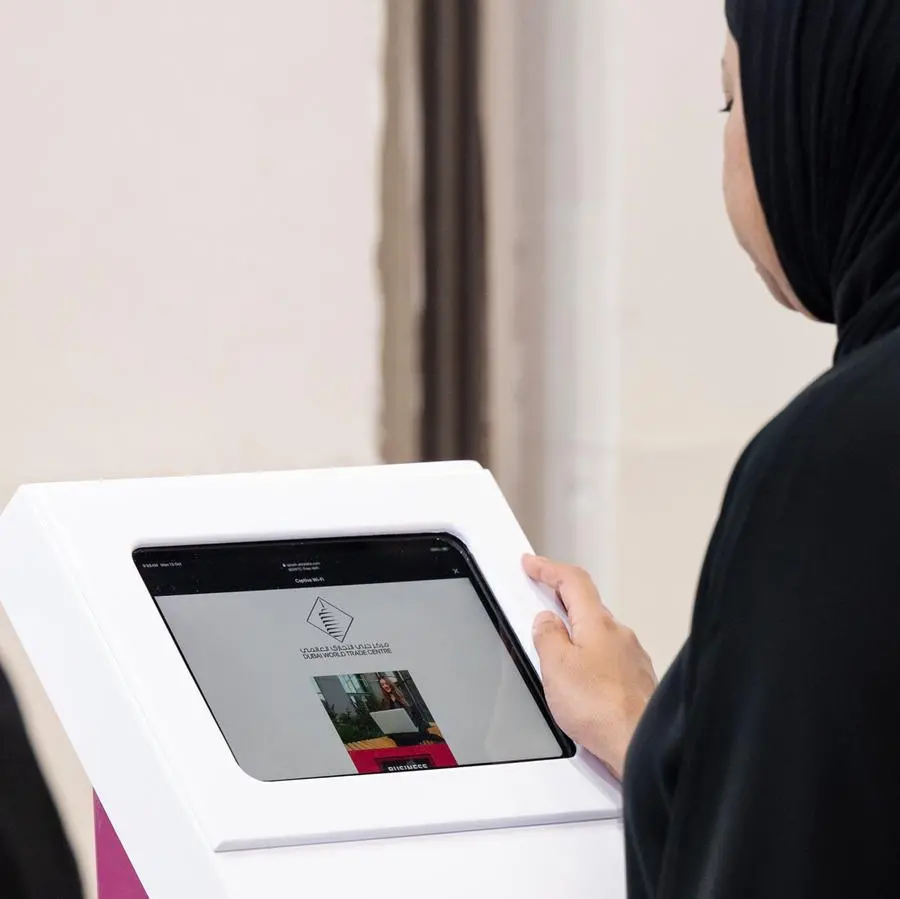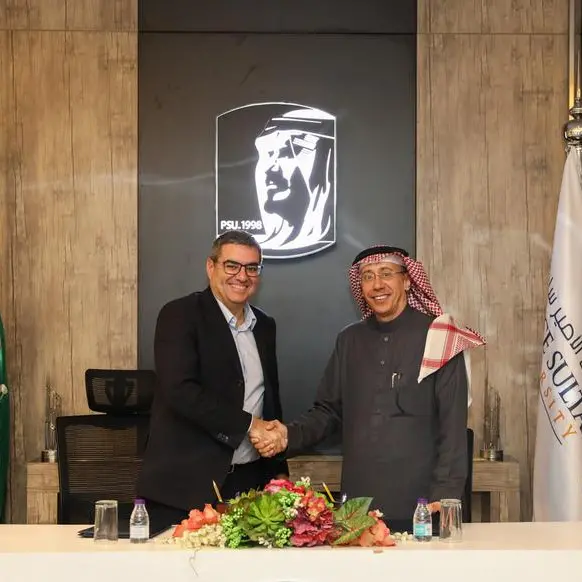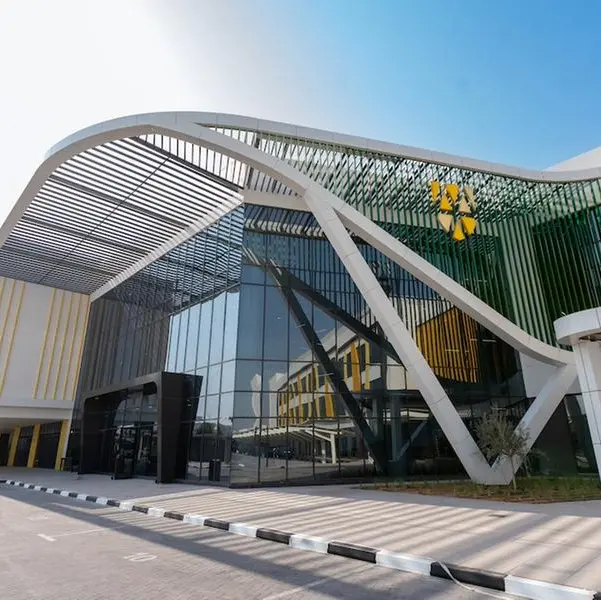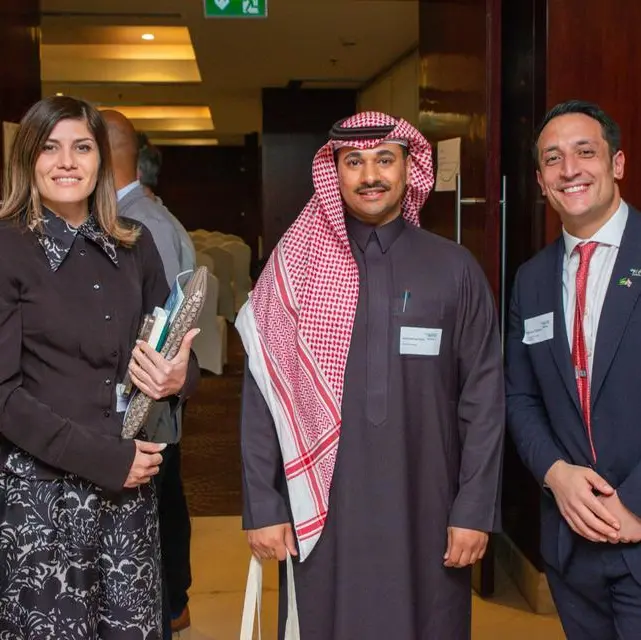In cognizance of the urgency to find creative solutions to the highly complex difficulties in the health sector, ICRC held in conjunction with Africa CDC, a virtual dialogue on innovative approaches and partnerships to address current and future health threats in Africa on 14 December 2021. The virtual event formed part of the 1st International Conference on Public Health in Africa, organized by the African Union and Africa CDC between 14-16 December 2021.
The event gathered the State Minister of Health of Nigeria, Africa CDC, the Secretary General of the Kenya Red Cross Society, health experts, policy makers, researchers and over 68 participants and highlighted some of the best practices of innovative approaches and partnerships, challenges and opportunities in healthcare provision.
With a focus on the impacts of armed conflicts on healthcare services, public-private partnerships, community-engagement and drawing on experiences from humanitarian settings the discussion drew the experience of the cash-for-health programme of the Kenyan Red Cross Society (KRCS); the experience of the Global Surgery Foundation in strengthening national surgical capacity in the Southern Africa region; and the successful case of the ALMANACH project to inspire digitalization of primary healthcare tools across Africa. The discussion acknowledged the relevance and timeliness for innovative approaches and partnership through strong coordination of Ministries of Health, humanitarian organizations, the private sector and academia.
Dr. Olorunimbe Mamora, State Minister of Health of Nigeria attested to the unprecedent challenges faced by the health sector in Africa. "Over the past few years, Nigeria and many other African countries have been faced with humanitarian crises that have put the health sector under increased pressure. Indeed, the impact of conflicts on the health of vulnerable groups cannot be overstated." He added, "there has never been a more relevant time for innovative partnerships among governments through their health ministries and agencies, humanitarian organizations and the private sector to tackle the challenges that threaten the stability of the health sector."
The discussion agreed on the importance of scaling up and replicating successful innovative approaches across the health sector in Africa. It also raised the importance of co-creation of programs based on respectable and self-reliant partnerships, the need for mobilizing of community engagement in adopting innovative technology and tools. Emphasis was also made on the importance of building strong local capacity through regional and national collaboration. It was agreed that the application of new technologies and tools motivates community health workers and plays a role in preventing brain drain, especially in remote health responses.
Other critical issues raised included the need to build innovative solutions that are 'user focused and needs based' as opposed to what is wanted by partners. The critical role of good governance as a factor /determinant of health was underscored. The meeting also highlighted the preeminence of PHC as the 'base of the pyramid of the health services.
The meeting was also successful in mobilizing the commitment of Africa CDC to adopt some of the best practices in its future emergency preparedness plans as part of its efforts towards a New Public Health Order in Africa. Dr. Merawi Aragaw, Head of Emergency and Preparedness Division of the Africa CDC underlined his organization's commitment saying "moving forward we will consider healthcare facilities and basic health care continuity in Africa CDC's future emergency response plans, adding "in adopting digital tools, there are opportunities for Africa CDC to explore and to encourage the development of innovative tools towards the new public health order in Africa.
Speakers at the side event included Dr. Olorunimbe Mamora, State Minister of Health of Nigeria; Dr. Merawi Aragaw, Head of Emergency and Preparedness Division of the Africa; Dr. Asha Mohammed, Secretary General of Kenya Red Cross Society; Professor Emmanuel Makassa of the Global Surgery Foundation; Mr. Martin Raab, ALMANACH Coordinator at STPHI.
See the recording of the webinar here.
See the recordings of the 3 opening day of the International Conference on Public Health in Africa here.
Distributed by APO Group on behalf of International Committee of the Red Cross (ICRC).
© Press Release 2021
Disclaimer: The contents of this press release was provided from an external third party provider. This website is not responsible for, and does not control, such external content. This content is provided on an “as is” and “as available” basis and has not been edited in any way. Neither this website nor our affiliates guarantee the accuracy of or endorse the views or opinions expressed in this press release.
The press release is provided for informational purposes only. The content does not provide tax, legal or investment advice or opinion regarding the suitability, value or profitability of any particular security, portfolio or investment strategy. Neither this website nor our affiliates shall be liable for any errors or inaccuracies in the content, or for any actions taken by you in reliance thereon. You expressly agree that your use of the information within this article is at your sole risk.
To the fullest extent permitted by applicable law, this website, its parent company, its subsidiaries, its affiliates and the respective shareholders, directors, officers, employees, agents, advertisers, content providers and licensors will not be liable (jointly or severally) to you for any direct, indirect, consequential, special, incidental, punitive or exemplary damages, including without limitation, lost profits, lost savings and lost revenues, whether in negligence, tort, contract or any other theory of liability, even if the parties have been advised of the possibility or could have foreseen any such damages.



















